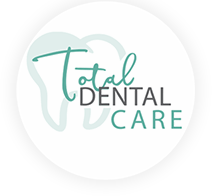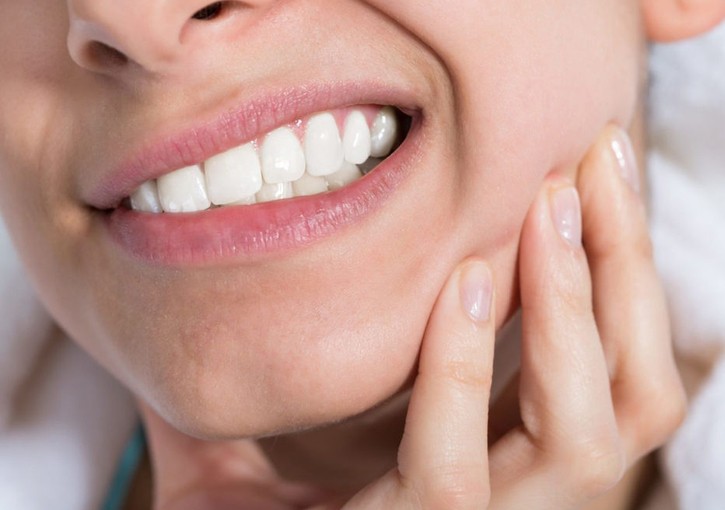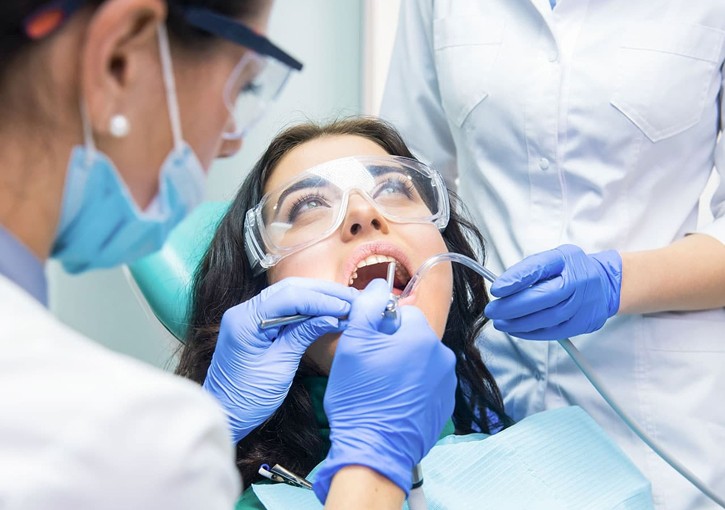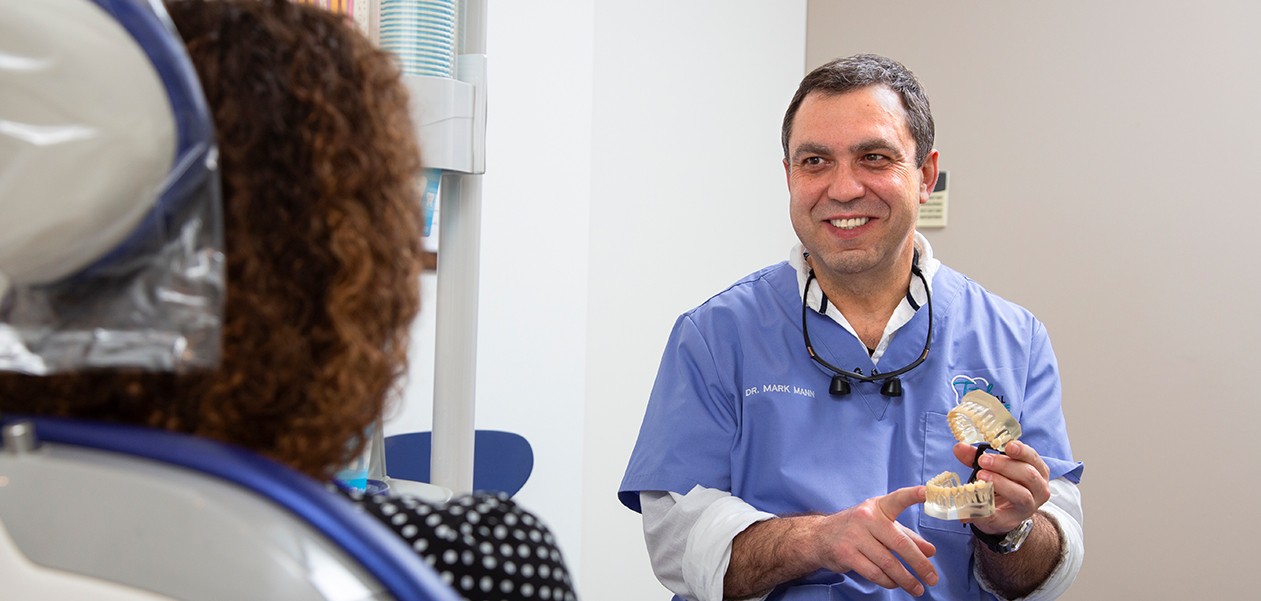Wisdom teeth, also known as third molars, are the last teeth to emerge in your mouth. This typically occurs when an individual is in their late 20s or 30s. The exact timing varies from person to person and may be influenced by several factors such as genetics and overall dental health.
Maintaining good dental health is crucial at any age. Wisdom teeth can significantly impact it, especially if they become impacted or problematic. An impacted wisdom tooth can cause discomfort and lead to complications like infection, cavities, lesions, bone loss, and cysts.
The field of oral surgery plays a significant role here, particularly in the extraction of wisdom teeth. Extraction is often recommended when wisdom teeth pose a risk to your dental health. This surgical process requires precision and expertise, and choosing a skilled dentist is paramount for a successful outcome.
If you’re based in Maroubra, finding a reliable dentist in Maroubra can make all the difference in handling this dental milestone smoothly. The following sections delve deeper into understanding wisdom teeth, signs of their emergence, risks associated with them, and why extraction might be necessary even in your 30s.
Understanding Wisdom Teeth
Wisdom teeth, or third molars, are the last set of teeth to develop and typically emerge in the late teens through to the twenties. In some cases, they appear in one’s 30s, which is referred to as late eruption. Here’s a deeper look at these teeth:
1. Location
Situated at the very back of your mouth, wisdom teeth are usually the final four teeth to surface, two on each jaw, one in each corner.
2. Molar Teeth Function
Molar teeth, including wisdom teeth, are designed for grinding food down due to their broad and robust surfaces. They play a critical role in chewing, which is essential for proper digestion.
Some individuals experience delayed eruption of wisdom teeth. This can result from various factors including genetics, jaw size, and dental health. Delayed eruption doesn’t always lead to complications; however, if space in the mouth is limited or if the teeth become impacted – unable to fully break through the gum line – it may necessitate medical intervention.
Impacted wisdom teeth can lead to discomfort and other dental issues if not monitored closely. It’s recommended that you keep informed about the status of your wisdom teeth with regular dental check-ups. This proactive approach helps identify any potential problems early on and allows for timely intervention if necessary.
Can You Get Wisdom Teeth In Your 30s?
The emergence of wisdom teeth typically occurs between the late teens and early twenties, yet you might wonder if these third molars can still make an appearance past that time frame. If you’re in your 30s and haven’t seen your wisdom teeth yet, it’s natural to presume you’re in the clear. However, dental professionals have documented cases where wisdom teeth do indeed surface later in life.
Reasons Why Wisdom Teeth Can Emerge in Your 30s
There are a few reasons why wisdom teeth may come in during your 30s:
- Delayed Eruption: Wisdom teeth can emerge at age 30 and beyond due to factors like individual development or dental crowding.
- Personal Variability: Dental development varies greatly from one person to another; some may experience the eruption of wisdom teeth much later than others.
- Clinical Observations: Dentists note that while uncommon, patients in their 30s—and occasionally even older—can be surprised by the late arrival of their wisdom teeth.
The Importance of Dental Check-Ups
It’s essential to stay vigilant about dental health since the unexpected emergence of wisdom teeth can lead to complications if there isn’t sufficient space for them in the mouth. Regular check-ups with a dentist are crucial since they can detect the presence of wisdom teeth through X-rays before they break through the gums.
While less frequent, the possibility remains that you could encounter new dental developments as you transition into your 30s. Recognizing that each individual’s dental journey is unique, it’s important not to dismiss changes simply based on age.
Signs and Symptoms of Wisdom Teeth Coming In
When wisdom teeth start to grow in your 30s, you may experience several initial signs and symptoms. These are important indicators that can help determine if you need to see a dentist:
- Swelling of the Gums: The area at the back of your mouth may become tender and swollen when wisdom teeth start to emerge.
- Jaw Pain or Discomfort: As they push through the gums, wisdom teeth can create a feeling of pressure leading to jaw pain.
- Difficulty Opening Your Mouth: This could signify that your wisdom teeth are impacting your ability to fully open your mouth.
- Red or Bleeding Gums: If the gums around the wisdom teeth become inflamed, they may bleed during brushing.
Signs of Impacted Wisdom Teeth
Impacted wisdom teeth are unable to fully come out through the gums, which can cause additional problems. Here are some signs to watch out for:
- Persistent Pain: Pain that doesn’t go away can indicate that a wisdom tooth is impacted.
- Infection: An impacted tooth can lead to an infection around the tooth known as pericoronitis.
- Cavities and Lesions: Difficulties in cleaning partially erupted teeth may result in cavities or lesions due to accumulated bacteria. Early detection is crucial in preventing potential issues. Dental X-rays are a helpful tool for diagnosis, as they can show whether you have wisdom teeth, how they are positioned if they are impacted, and if they are affecting other teeth. This imaging is essential for planning any necessary treatments before complications arise.
Risks, Complications, and Extraction Necessity in Your 30s
When wisdom teeth become impacted or problematic, they bring about several risks and complications. Notably, your oral health may face serious threats:
- Infections: Impacted wisdom teeth create pockets around them which can harbor bacteria, leading to infections.
- Cavities: The location of wisdom teeth makes thorough cleaning difficult. This encourages the accumulation of bacteria and plaque, resulting in cavities.
- Lesions: Cysts or tumors may develop around the impacted teeth, causing damage to the surrounding structures.
- Bone Loss: Infection spreading to the jawbone can cause bone loss.
While these complications are not exclusive to people in their 30s, age factors can exacerbate the situation. For instance, a mature immune system might not be as effective in combating infections compared to that of a younger individual. Extraction often becomes necessary when you experience severe symptoms or when preventative measures fail to work effectively. Age does not exempt you from the likelihood of needing an extraction. In fact, due to increased complications linked with age, individuals in their 30s might find extraction more likely than their younger counterparts.
When it comes to extraction procedures, the role of a skilled oral surgeon cannot be underestimated. A reliable dentist in Maroubra will ensure that your extraction procedure is carried out safely and effectively, minimizing potential risks and promoting a smooth recovery process.
The Wisdom Tooth Extraction Process
When you need to have your wisdom teeth removed in your 30s, it’s important to know what to expect. This dental procedure involves taking out one or more wisdom teeth — the four permanent adult teeth at the very back of your mouth on the top and bottom.
Here’s a breakdown of the extraction process:
- Consultation and X-rays: Your dentist or oral surgeon will take detailed X-rays to see where exactly your wisdom teeth are and decide on the best way to remove them.
- Anesthesia: Before the procedure starts, you’ll be given anesthesia to numb the area and make sure you don’t feel any pain during the surgery. The type of anesthesia used will depend on how complicated your case is and can range from a local numbing agent to full sedation.
- Removing the Tooth: The gum is cut open to expose the tooth and bone. If there’s any bone blocking access to the root of the tooth, it will be taken out. In some cases, the tooth might be divided into smaller pieces for easier removal. Once the tooth is out, the extraction site is cleaned up to remove any leftover debris.
- Stitches and Gauze: If needed, your oral surgeon may use dissolvable stitches to close up the incision. They’ll also place some gauze over the extraction site to help stop any bleeding and promote blood clot formation.
Understanding this process can help ease some of your worries about getting your wisdom teeth taken out. Thanks to advancements in dental technology and techniques, any discomfort can be kept to a minimum, and you’ll be able to heal up smoothly afterward.
Just keep in mind that everyone’s situation is different, so it’s always best to follow any personalized instructions that your dentist or oral surgeon gives you before and after your procedure.
Challenges, Considerations, and Recovery Expectations.
Extracting wisdom teeth in your 30s introduces age-related challenges. One of the most significant issues is the increase in bone density which often accompanies aging. This can make the extraction process more complex, as the tooth is more firmly anchored in the jaw compared to that of a younger individual.
1. Increased Bone Density: Denser bone doesn’t only complicate extraction; it also affects the regeneration of bone post-extraction. In younger years when bone density is lower, the body can regenerate bone tissue at a faster rate. However, as age advances, this process slows down due to reduced cellular activity and decreased blood flow in the area.
2. Recovery Time: Another important consideration is the recovery time post-extraction. While everyone’s healing process varies, individuals in their 30s generally experience a longer recovery time compared to their younger counterparts. This can be attributed to slower tissue regeneration and healing processes that come with age. It’s not all doom and gloom though; by understanding these challenges and planning accordingly, you can still have a smooth extraction process and recovery. It’s essential to keep these points in mind when preparing for wisdom teeth extraction so you can set realistic expectations about the procedure and recovery period.
Risks, Precautions, and Aftercare for Your 30s
Extracting wisdom teeth in your 30s has certain risks and requires extra precautions. Existing health conditions like diabetes can make the extraction process more dangerous. That’s why it’s important to tell your dentist about your medical history before the procedure. If you have diabetes or a similar condition, you’re more likely to experience delayed healing or infection after the extraction. To lower these risks, it’s important to:
- Keep track of your blood sugar levels regularly
- Take good care of your teeth and gums
- These are simple but effective ways to protect yourself during the healing process.
Common Symptoms and How to Manage Them
It’s normal to have some discomfort after getting your wisdom teeth removed. Here are the common symptoms you may experience and how to deal with them:
- Pain: Your dentist will prescribe painkillers to help manage any pain.
- Bleeding: Bite down on a gauze pad placed over the extraction site to control bleeding.
- Bruising: Apply ice packs to your face for short periods to reduce bruising.
- Swelling: Use cold compresses on your cheek near the extraction site to minimize swelling.
Understanding these symptoms and knowing how to handle them will make your recovery process much smoother.
Aftercare Tips for a Speedy Recovery
Taking proper care of your mouth after wisdom tooth extraction is crucial for a quick and successful recovery. One widely recommended practice is doing saltwater rinses. These rinses help clean the extraction site and promote healing.
Here’s how to do saltwater rinses:
- Wait 24 hours after the extraction before starting the rinses.
- Mix half a teaspoon of salt with eight ounces of warm water.
- Gently swish this solution in your mouth for about 30 seconds, then spit it out.
- Repeat this rinse every two hours or after meals.
Your dentist will provide specific instructions based on your case, so make sure to follow them closely.
Wisdom Teeth Emergence After Age 30: Myth or Reality?
While it’s a common belief that wisdom teeth make their appearance by the mid-twenties, instances of emergence after age 30 do occur, albeit infrequently. Dental professionals acknowledge this possibility, although such cases may be considered outliers rather than the norm.
Factors Contributing to Late Wisdom Teeth Eruption
Several factors contribute to the phenomenon of wisdom teeth erupting later in life:
- Age Factor: Typically, wisdom teeth erupt between the ages of 17 and 25. When they surface after age 30, it is an exception to the usual timeline.
- Case Studies and Reports: Dentists and oral surgeons report rare occurrences where patients exhibit late-emerging wisdom teeth, confirming that while uncommon, it is not impossible.
- Genetic and Environmental Influences: The timing of wisdom tooth emergence can be influenced by genetic factors and environmental conditions, which might explain the delayed eruption in some adults.
The subject of wisdom teeth surfacing later in life intrigues many within the dental community. It prompts additional considerations regarding patient care and oral health management for those in their thirties and beyond. This anomaly in dental development serves as a reminder that each individual’s oral health journey is unique and requires personalized attention from qualified professionals like those found in Maroubra.
Monitoring Wisdom Teeth Condition in Your 30s
In your 30s, it’s important to keep a close eye on your wisdom teeth. Whether they came in earlier or are just starting to show up now, monitoring them is crucial to avoid potential oral health problems. And one of the best ways to do that is through regular dental check-ups.
Why Regular Dental Check-Ups Matter
Visiting your dentist regularly has multiple benefits when it comes to your wisdom teeth:
- Tracking Position and Condition: Your dentist can monitor how your wisdom teeth are growing and whether they’re causing any issues. It’s common for these late bloomers to come in at an angle or get stuck beneath your gums, which can lead to impaction—a condition that brings pain, infection, and harm to nearby teeth.
- Detecting Hidden Problems: Through dental X-rays, your dentist can see what’s happening beneath the surface of your gums. This imaging technique helps identify any hidden issues with your wisdom teeth that may not be visible during a regular examination.
- Preventing Other Oral Health Concerns: Aside from checking on your wisdom teeth, these visits also allow for routine cleaning. This not only keeps your overall oral hygiene in check but also lowers the chances of developing cavities and gum disease.
The Significance of Early Detection
Regular dental visits aren’t just about monitoring wisdom teeth—they have a broader impact on your oral health:
- They help catch potential problems early before they turn into more serious conditions.
- They enable timely treatment, which can save you from unnecessary pain, discomfort, and expenses in the long run.
- Taking Charge of Your Dental Health
- Don’t wait until you experience pain or discomfort before seeking dental care. Instead, make regular dental check-ups a consistent part of your health routine. By being proactive, you can stay ahead of any dental issues and prevent complications in the future.
Final Thoughts
It’s essential to understand that reaching the age of 30 doesn’t mean you’re automatically free from dental changes or challenges. Your wisdom teeth may still have some surprises in store, so it’s crucial to remain vigilant about their condition.
Remember: prevention is better than cure. Prioritize your dental health today to enjoy a brighter smile tomorrow.
Seeking Professional Advice for Wisdom Tooth-Related Concerns
If you have any doubts or discomfort with your wisdom teeth, it’s important to see a dentist in Maroubra right away. Dental professionals have the knowledge and tools to assess and treat your dental problems effectively. Here are some reasons why you should seek their advice:
- Early Detection and Treatment: Dentists can identify early warning signs of wisdom tooth problems before they become more serious.
- Expert Evaluation: A dentist can thoroughly examine the condition of your wisdom teeth, including how they are positioned if they are affecting nearby teeth, and the likelihood of future issues.
- Customized Care Plans: Based on their evaluation, dentists can suggest personalized treatment options that are suitable for your specific needs.
- Advanced Solutions: In certain situations, concerns related to wisdom teeth may require complex dental procedures that only a professional can safely perform.
Remember, addressing wisdom tooth concerns promptly helps prevent complications that could affect not just your oral health but your overall well-being.
A dentist in Maroubra will guide you through the next steps, whether it’s routine monitoring or discussing potential extraction procedures. With their support, you can maintain optimal dental health and mitigate any issues related to wisdom teeth efficiently.
Conclusion
Understanding the emergence and management of wisdom teeth, especially in your 30s, is essential for maintaining optimal dental health. It’s important to detect any problems early and take swift action. By attending regular check-ups and keeping an open dialogue with your dentist, you can prevent complications associated with wisdom teeth.
Your oral health is a vital part of your overall wellness. As such, it’s important to take concerns about wisdom teeth seriously. If you experience persistent pain or discomfort in the back of your jaw, it could be a sign of emerging or impacted wisdom teeth.
Proactive dental care involves more than just brushing and flossing. It also includes regular visits to professionals who can identify potential issues before they become serious.
Remember:
- Early detection can prevent bigger issues down the line.
- Regular check-ups allow dentists to monitor any changes in your wisdom teeth.
- Preventative care, like professional cleanings, is key to maintaining dental health.
Your journey towards better oral health starts with a single step: reaching out to a trusted professional. So don’t delay – schedule a consultation with our experienced dentists in Maroubra today. Ensure the health of your wisdom teeth and safeguard your overall oral health.









Recent Comments